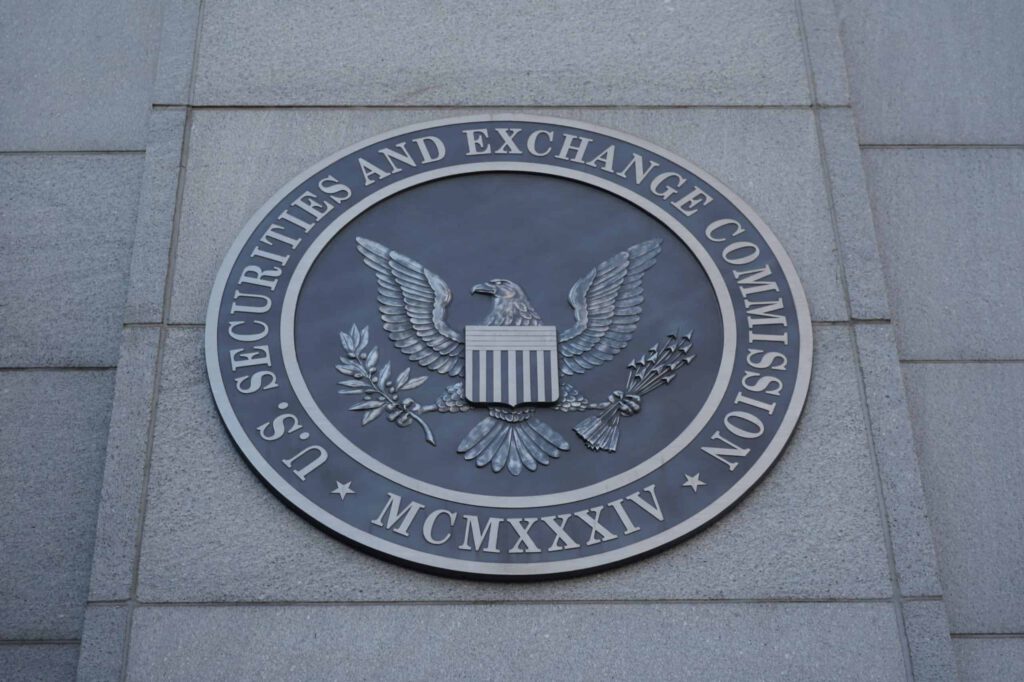Cases
SEC v. Novinger
CASE SUMMARY
In 2016, Christopher Novinger and SEC reached a settlement of the agency’s claims that he and his company, ICAN Investment Group, LLC, violated federal securities law. SEC required Mr. Novinger and ICAN to sign a consent order claiming that he had agreed to be bound forever by an “Gag Order”—an administrative tool meant to silence people with lifetime speech bans related to their prosecutions. For over 50 years under its 1972 Gag Rule, SEC has insisted that all people who settle cases with the agency must agree to a gag violating nearly every free speech doctrine.
NCLA’s client Mr. Novinger simply wants to speak candidly about SEC’s enforcement proceedings without facing the threat of a reopened prosecution. His Gag Order is broad, all-encompassing, fails to provide clear notice of what speech it forbids, and never expires. Perpetually mandating silence on such unclear terms that forbid Mr. Novinger to do what even convicted people have every right to do violates his due process rights.
The Gag Rule violates the First Amendment for several reasons: 1) it is a forbidden prior restraint on future speech; 2) it is a content-based restriction of speech; 3) it grants SEC unbridled enforcement discretion and silences Mr. Novinger in perpetuity; 4) it forbids truthful speech; 5) it unconstitutionally conditions settlement upon surrender of Americans’ inalienable rights of free speech; 6) it compels speech; and 7) it abridges Americans’ rights of petition long protected by the First Amendment. Any rule amassing such a long list of constitutional violations could never have been valid in the first place.
SEC created this Rule without notice and comment, violating the Administrative Procedure Act and dishonestly calling it a “Housekeeping Rule.” Such rules cannot bind anyone outside the government, but SEC’s gag orders always bind outside parties.
OUR TEAM
RELEVANT MATERIALS
NCLA FILINGS
Appellants' Reply Brief
November 3, 2023 | Read More
Appellants' Opening Brief
August 16, 2023 | Read More
Notice of Appeal
May 19, 2023 | Read More
Order of the U.S. District Court For the Northern District of Texas Fort Worth Division
March 22, 2023 | Read More
Notice of Post-Briefing Decision
October 28, 2022 | Read More
PRESS RELEASES
NCLA Asks Fifth Circuit to Approve Pathway to Challenge Unlawful SEC-Imposed Lifetime Speech Ban
August 16, 2023 | Read More
NCLA Seeks Declaratory Relief to End Christopher Novinger’s SEC-Imposed Lifetime Speech Ban
August 23, 2022 | Read More
NCLA Asks Fifth Circuit to End an SEC Lifetime Gag Order that Violates the First Amendment
December 16, 2021 | Read More
NCLA Lawsuit in Texas Seeks to End SEC’s Lifetime Gag Orders that Violate the First Amendment
June 17, 2021 | Read More
IN THE MEDIA
What is the SEC so afraid of?
February 9, 2024
SEC gag order challenger loses federal appeal (but theres a silver lining)
Reuters
February 7, 2023
CASE HIGHLIGHTS
Media Mention
February 7, 2023
SEC gag order challenger loses federal appeal (but theres a silver lining)
Source: Reuters
Press Release
August 23, 2022
NCLA Seeks Declaratory Relief to End Christopher Novinger’s SEC-Imposed Lifetime Speech Ban

